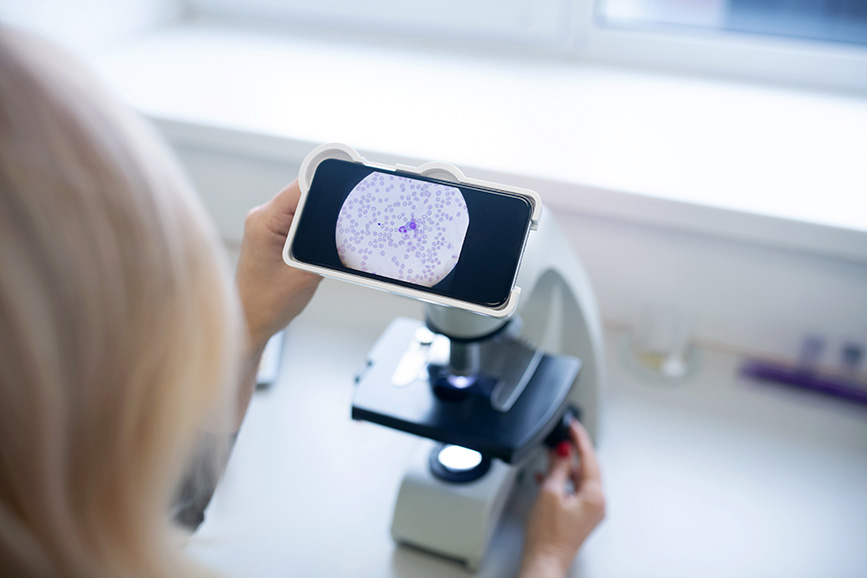Researchers have identified a novel cellular mechanism that could play a pivotal role in maintaining brain energy levels and combating neurodegenerative diseases such as Alzheimer’s. This groundbreaking discovery, detailed in a study published on July 2, 2024, could pave the way for new therapeutic strategies aimed at preserving brain health in the aging population.
The Study and Its Findings
The study, conducted by scientists at Queen Mary University of London and published in ScienceDaily, revealed how a specific cellular process helps maintain the brain’s energy supply. This mechanism involves the regulation of mitochondria, the powerhouse of cells, ensuring they function optimally to support cognitive functions.
Dr. Sarah Johnson, the lead researcher, explained the significance of these findings. “Our research uncovers how certain proteins within the brain’s cells help to maintain energy levels, which is crucial for cognitive function. Disruptions in this process are linked to the onset of Alzheimer’s and other forms of dementia,” she noted.
Implications for Alzheimer’s Disease
The discovery is particularly relevant for Alzheimer’s research, as maintaining cellular energy levels is critical in preventing and managing neurodegenerative diseases. The study highlighted how the newly identified mechanism could be targeted to develop treatments that preserve brain energy and function, potentially slowing the progression of Alzheimer’s.
This research aligns with previous findings that emphasize the importance of cellular health in preventing dementia. A related study identified vascular changes in the brain as a significant factor in Alzheimer’s development, underscoring the interconnected nature of brain health and disease prevention (ScienceDaily).
Broader Context and Future Research
This breakthrough adds to a growing body of research focused on understanding and mitigating the impacts of neurodegenerative diseases. Another study from Penn Medicine demonstrated how new treatments could reverse Alzheimer’s disease signs in animal models, providing further hope for future therapeutic options (Penn Medicine).
Looking ahead, the research team plans to conduct further studies to validate their findings and explore potential therapeutic applications. If successful, this could lead to the development of new drugs aimed at maintaining brain energy levels and preventing cognitive decline.
Conclusion
The identification of this cellular mechanism marks a significant step forward in Alzheimer’s research. By understanding and targeting the processes that maintain brain energy, scientists are moving closer to developing effective treatments for neurodegenerative diseases. This discovery offers renewed hope for millions affected by Alzheimer’s and other forms of dementia, highlighting the ongoing efforts to improve brain health and combat these debilitating conditions.
For more detailed information, visit ScienceDaily.





